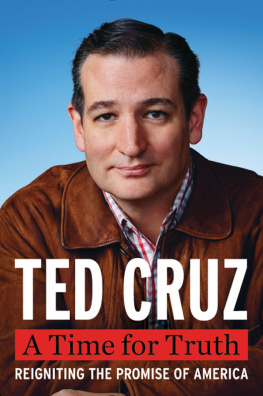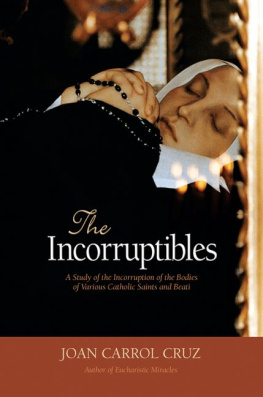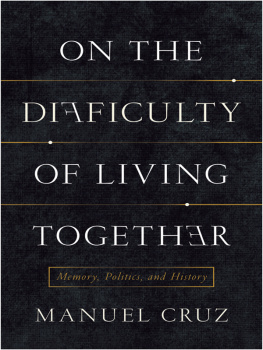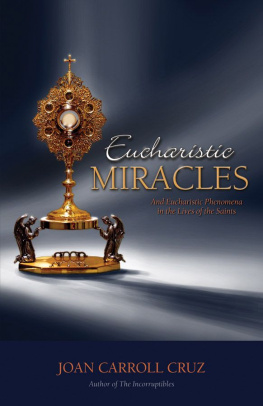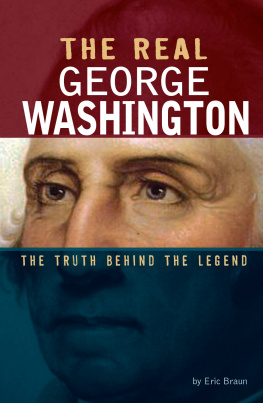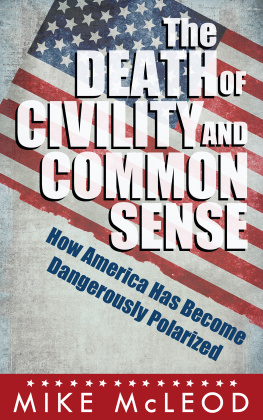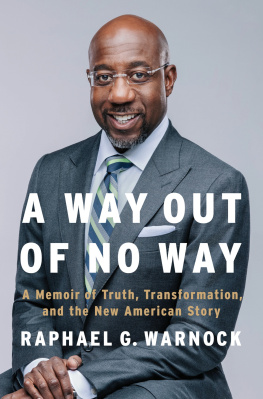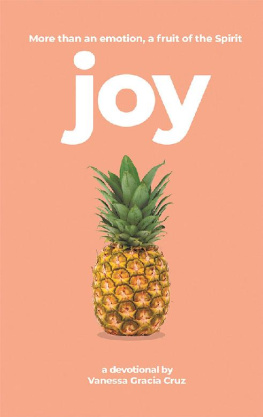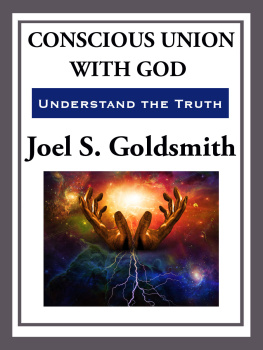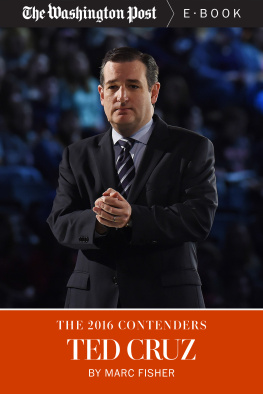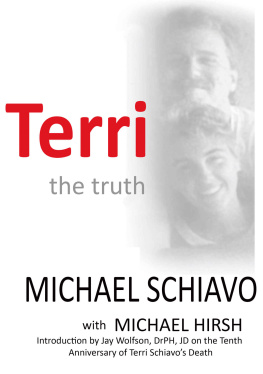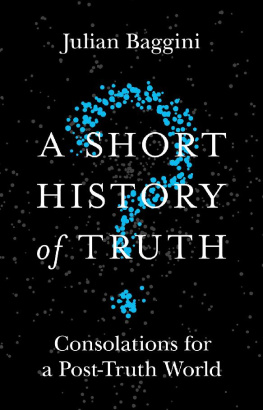M any hands were involved in the crafting of this book, and I am grateful to have this opportunity to acknowledge them. That list starts, of course, with my wife, Heidi, who went on much of this adventure with me, as well as our daughters, Caroline and Catherine, who made that journey all the more meaningful and joyous.
In many ways this book is a celebration of two Americans of grit, passion, and fortitude. I am as ever very proud and thankful to be the son of Rafael Cruz and Eleanor Darragh.
Im grateful for the editorial advice and reminiscences of my dear friends David Panton and Chad Sweet. I also appreciate the guidance of those on my staff who assisted with this effort. Victoria Coates took time from an already busy schedule to help oversee this project from start to finish. I thank as well my friends and advisors John Drogin, Jason Johnson, Jason Miller, Jeff Roe, Chip Roy, Alec Aramanda, and Scott Keller. In helping to cull together a diffuse collection of photographs, my thanks to Samantha Leahy, Josh Perry, Bruce Redden, Bobby Rodriguez, and David Sawyer.
As a new author, I have benefited greatly from the skill and persistence of my agents, Keith Urbahn and Matt Latimer of Javelin. I also owe a debt of thanks to an accomplished lawyer and fierce advocate for her clients, Cleta Mitchell.
Adam Bellow and Eric Meyers led the charge for this book at HarperCollins on a very quick turnaround schedule. Their advice and guidance is greatly appreciated.
I owe a profound and eternal debt to the people of the great state of Texas for having faith in me, for giving me the honor of representing them in our nations capital, and for offering a steady and reliable supply of support and prayers. Those prayers have strengthened me enormously during our many ongoing battles in Washington, D.C.
Lastly, and most importantly, I offer my gratitude to the American people and to our blessed and wonderful country. Every day of my life I remember the lessons of my father, a Cuban immigrant who came here with nothing. Only in a land like America is his storyis our storyeven possible.
In 2012, Ted Cruz was elected the thirty-fourth U.S. Senator from Texas. A passionate fighter for limited government, economic growth, and the Constitution, Ted won a decisive victory in both the Republican primary and the general election, despite having never before been elected to office. Before joining the Senate, he was the solicitor general of Texas. Ted and his wife, Heidi, live in his hometown of Houston, Texas, with their two young daughters, Caroline and Catherine.
Discover great authors, exclusive offers, and more at HC.com .
Australia
HarperCollins Publishers (Australia) Pty. Ltd.
Level 13, 201 Elizabeth Street
Sydney, NSW 2000, Australia
www.harpercollins.com.au
Canada
HarperCollins Canada
2 Bloor Street East - 20th Floor
Toronto, ON M4W 1A8, Canada
www.harpercollins.ca
New Zealand
HarperCollins Publishers New Zealand
Unit D1, 63 Apollo Drive
Rosedale 0632
Auckland, New Zealand
www.harpercollins.co.nz
United Kingdom
HarperCollins Publishers Ltd.
1 London Bridge Street
London SE1 9GF, UK
www.harpercollins.co.uk
United States
HarperCollins Publishers Inc.
195 Broadway
New York, NY 10007
www.harpercollins.com
G uillermo Farias was a committed communist and devotee of the charismatic leader of pro-Marxist rebels in Angolaa man named Fidel Castro. Farias believed in Castro because he believed in communism. He trusted in its promise to end poverty and fell for its critique of capitalism. He mistook its propaganda for news and its predictions for promises. His problem wasnt that he didnt care about the truth. His problem was that he didnt know he hadnt found it.
And in the late 1970s he was still a boy, not yet eighteen.
While in Angola, Fariaswho had been dubbed El Coco because his large, bald head looked like a coconutwas wounded on the front lines. Because he had proven himself on the battlefield as one of the most committed to the communist cause, a new global order, he received medals from Castros army. Then its leaders sent El Coco to the Soviet Union for special military training.
El Coco planned to be a leader of a worldwide movement, a new socialist collective that people like Castro told him would help impoverished people all over the world. But then the young man came across something he did not expect. Something that affected him profoundly.
It was a book by a British author who had been banned in much of the communist worldand is still banned in many totalitarian regimes today.
The book was by George Orwell. And it was called Animal Farm . Written by an Englishman during his nations wartime alliance with the Soviet Union, the book used farm charactersa ruthless pig named Napoleon and a courageous one who challenges him, named Snowballto display the ruthless and perverse nature of Joseph Stalins communist totalitarianism. The book demonstrated the perils of forced equality, the power of false propaganda, and the toll that iron-fisted rule exacts on individual freedom. The classic work, which ends in Napoleons tragic triumph, struck a chord deep within the young El Coco. Slowly he came to realize he was on the wrong side. And he began a new life that would be guided by one simple rule: Seek the truth, and tell the truth, no matter the consequences.
For decades, Cubas secret police had tried to carry out its program of systematic terror in, well, secret, and El Coco did everything possible to change that. He understood that regimes that rely on secrecy fear exposure and attention as much as they fear any weapons, and he knew that hunger strikes offered him the best way to shine a light of the truth of what life in Cuba wasand isreally like. After El Coco returned home to Cuba, he was confronted by a real-life Animal Farm. He watched the brutality of Castros security forces and suffered periodic imprisonment for daring to offer opposing political views. And he began a series of grueling hunger strikes designed to highlight the abuse, detention, and murder of his fellow dissidents on the island.
In 2010, the European Parliament awarded Farias the Sakharov Prize after an extended hunger strike embarrassed Fidel and Raul Castro into releasing fifty-two political prisoners. Farias, however, cautioned that while he was happy they had been released, until there was real political reform in Cuba such episodes were largely cosmetic and would be exploited by the regime: For the government, he told the BBC, political prisoners are a bargaining chip with the civilized world. We are slaves that they can sell when they want.
In the course of his journey to receive the Sakharov Prizea journey that Cuba had forced him to delay for three yearsEl Coco visited Capitol Hill. Some people probably thought his presence in America was evidence of a new softening of Cubas hard-line stance, and an indication that this last front of the Cold War was finally breaking down. But when I met with him and his fellow Cuban dissident Elizardo Sanchez in my Senate office, they assured me that such wishful thinking was far from the truth.

